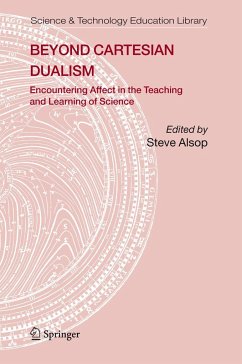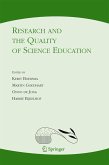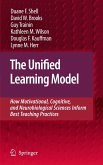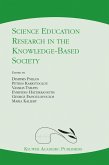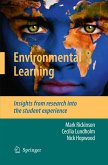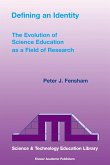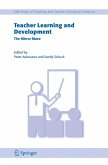There is surprisingly little known about affect in science education. Despite periodic forays into monitoring students' attitudes-toward-science, the effect of affect is too often overlooked. Beyond Cartesian Dualism gathers together contemporary theorizing in this axiomatic area. In fourteen chapters, senior scholars of international standing use their knowledge of the literature and empirical data to model the relationship between cognition and affect in science education. Their revealing discussions are grounded in a broad range of educational contexts including school classrooms, universities, science centres, travelling exhibits and refugee camps, and explore an array of far reaching questions. What is known about science teachers' and students' emotions? How do emotions mediate and moderate instruction? How might science education promote psychological resilience? How might educators engage affect as a way of challenging existing inequalities and practices?
This book will be an invaluable resource for anybody interested in science education research and more generally in research on teaching, learning and affect. It offers educators and researchers a challenge, to recognize the mutually constitutive nature of cognition and affect.
This book will be an invaluable resource for anybody interested in science education research and more generally in research on teaching, learning and affect. It offers educators and researchers a challenge, to recognize the mutually constitutive nature of cognition and affect.

